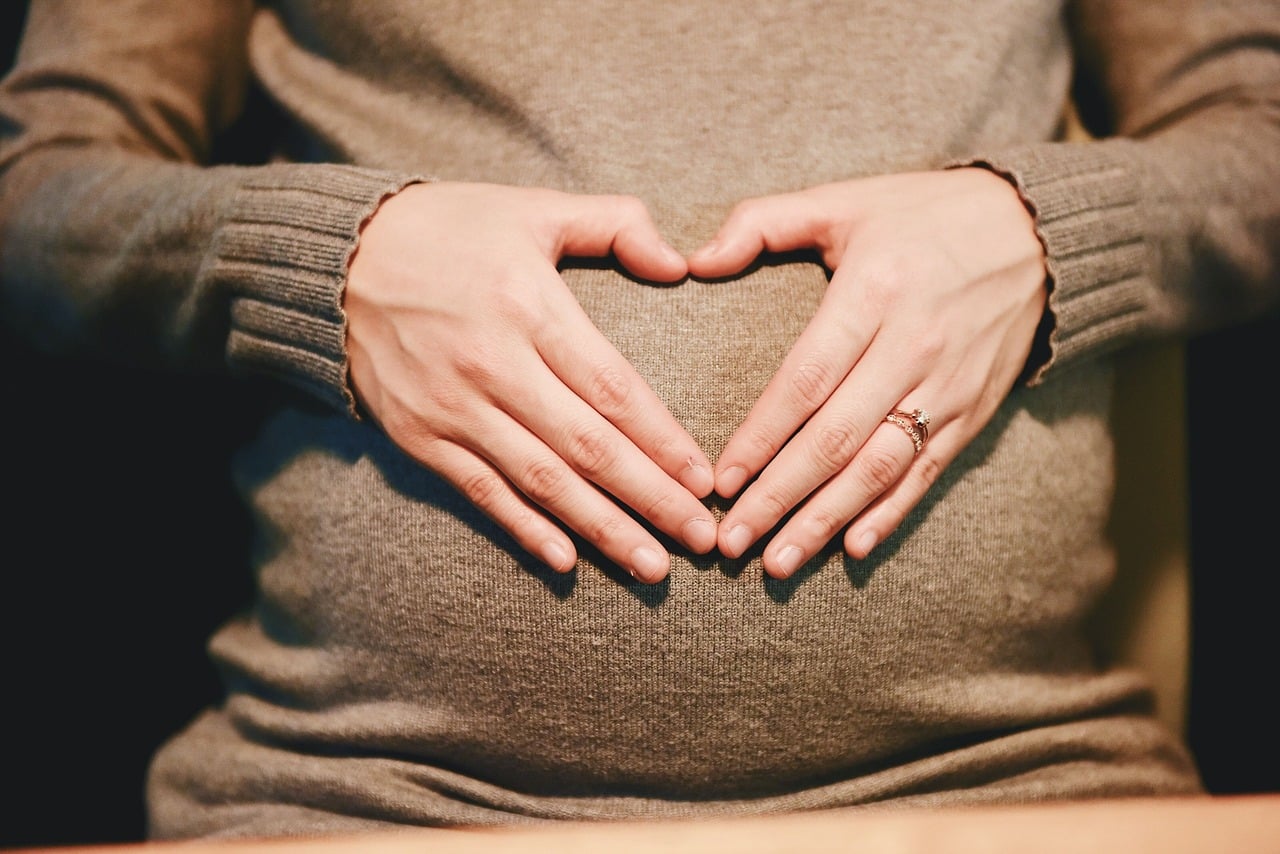Gen Z concerned about their own fertility
The members of Gen Z (born between 1997 and 2012) will be around 11 to 28 years old at the start of 2024. While this is still some way off for the younger members of Gen Z, the issue of family planning is already playing a role for the older members of the cohort, alongside the challenges of starting a career.
A recent study by HRC Fertility showed that Gen Z is more concerned about their own fertility than any other generation. 3 out of 5 Gen Z members are concerned about their future fertility.
Gen Z members are observing the challenges of previous generations and no longer want to bow to the pressures of traditional timelines (education, career, marriage, parenthood). At the same time, however, they tend to be better educated on fertility issues and are more proactive about the topic than previous generations.
Attitude towards Social Freezing and number of cycles increasing
Medical technology also plays a decisive role here. Gen Z is the first generation whose members already have the option of freezing eggs as a precautionary measure when they are first considering family planning. This allows women to take control of their own fertility and thus take out a kind of insurance (although this is never 100%) for later. Above all, this also changes traditional narratives with regard to fertility considerations and the timing of childbearing.
In Germany, the number of social freezing treatments carried out in recent years has increased significantly. While just 659 social freezing treatments were carried out in Germany in 2017, this figure had already risen to 2,338 in 2022. Compared to the USA or the UK, these figures are still low – even relative to the size of the population. In the USA, 2.8 times as many cycles are carried out relative to the population as in Germany, while in the UK it is 2.4 times as many. A further increase is therefore to be expected in Germany.
A strong upward trend can also be observed in Switzerland, where the number of treatments carried out is quite high relative to the population. According to the Swiss Federal Office of Public Health, egg cells from 1,055 women were frozen as part of social freezing in 2020. In 2021, the number had already risen to 1,574 women.
In Austria, on the other hand, social freezing and the treatment of single women in general is prohibited.
Gen Z seek information online and on social media
As is the case with so many topics, Gen Z is primarily gathering information about social freezing and general fertility issues online and increasingly via social media (TikTok, Youtube, Instagram). Influencers share their own experiences with egg freezing and encourage women to have their eggs frozen. Above all, this helps to reduce inhibitions but also contributes to the social acceptance of social freezing.
Currently, the average age for social freezing in Germany is still 35.7 and it is mainly women in their mid-30s who feel that they are running out of time with regard to their own fertility. However, in Germany, as in the USA and the UK, there is also a growing number of women who are already in their mid-20s – i.e. at the ideal time in terms of egg quality – who are deciding to take precautions through social freezing. For these women, the issue of self-determination without time pressure plays a dominant role in starting a family.
It is important to note that social media is not always a good source of information and education. Although there are now also very good reproductive physicians who provide information on fertility issues online and in social media, there are also many people who share their opinions and tips without any qualifications or medical basis.
Fertility & family building benefits are more important for Gen Z than for other generations
With increasing information about their own fertility and willingness to use social freezing, expectations of employers with regard to fertility & family building benefits are also rising.
In the US and UK, 46% of Gen Z members say that the offer of fertility & family building benefits is a key factor in whether they stay in their existing job or accept a particular job when changing jobs (Study: Maven Clinic 2024). This proportion is higher than for any previous generation. Even among Gen Y, many of whom are still in the process of starting a family, only 35% consider Fertility & Family Building Benefits to be a decisive factor when choosing a job.
Interestingly, the Fertility & Family Building Benefits offer is important for members of Gen Z, even if they have no concrete plans to start a family.
Fertility & Family Building Benefits also compare very favorably with other benefits for Gen Z. A recent study in the UK, where fertility benefits are already established, showed that 37% of Gen Z there prefer this benefit to a 4-day week.
We are also moving in a similar direction in Germany and Switzerland – with a delay of a few years. Companies that want to appeal more to younger employees should therefore definitely include fertility and family building benefits in the range of benefits they offer.
A main advantage of Onuava’s Fertility & Family Building offer is also that all the information employees receive is medically sound and the advice is tailored to the individual situation.




